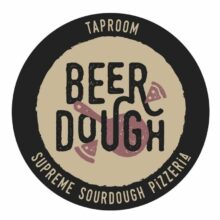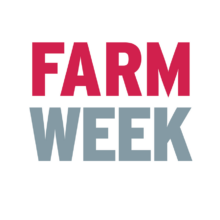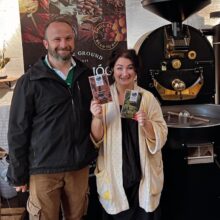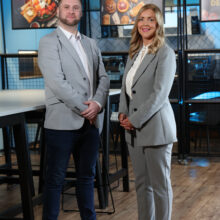Best burgers in UK shaped by Linden in Dungannon for M&S
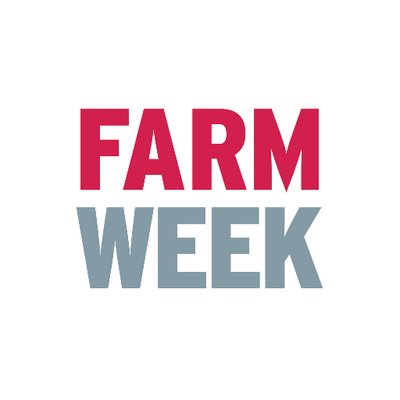
A good beef burger is one of the most popular items Northern Irish people enjoy, I wonder if it was a choice between a burger and an Ulster Fry which people would choose? This is why burgers feature so prominently in local food stores and on many restaurant menus. It’s a very convenient, tasty and nutritious meal, particularly when crafted from locally sourced meat, the world’s best.
A local company which really is a master of the burger market is ABP Linden Foods in Dungannon. Linden’s command of this delicious dish was highlighted last week when the Tyrone meat processor won the award for ‘Britain’s Best Burger at the highly influential Meat Industry Awards, a glittering event in the UK industry, the country’s leading food innovation sector and one of the top exporters.
Beef processing, of course, is our biggest food sector, one that’s worth around £1billion annually and a major export earner with sales as far as China and Japan. I also noticed a menu from a high-end restaurant in one of the French rugby centres promoting Himalayan salt-aged beef from Hannan Meats in Moira.
I congratulate the ABP Linden team on this outstanding success. ABP Linden Foods won Britain’s Best Burger for its Marks & Spencer Collection, British Wagyu Burgers with Salt & Cracked Black Pepper. It’s further evidence of the longstanding business relationship between the Dungannon company and M&S. M&S regularly turns to Linden for ideas which will captivate shoppers across the UK. It’s an excellent example of the confidence which top supermarkets have in the ability of our companies to come up with new tastes for customers. Beef processing here is focused on innovation and is consumer-led, a successful approach which is a role model for other companies especially artisan and smaller enterprises.
Linden, furthermore, is a fine example of how a progressive company can develop relationships with suppliers, especially farmers, to help ensure their growth in both short and long-terms. It has a strong track record of working with suppliers to help in developing unique products for the most discerning markets.
ABP Linden Foods – in collaboration with M&S – set out to push the boundary of beef that was available in retail shelves. The aim was to develop something new and different that other retailers weren’t doing at the time. The result was Wagyu beef, an exquisitely marbled lean cut.
M&S makes a hugely important contribution to the local food and drink industry…and has done over many years. I am delighted to say that the farms that supply Wagyu to ABP Linden are all situated in Northern Ireland where fertile grass pastures enable the cattle to be reared in a natural, stress-free environment. A strict rearing protocol on the farms means the beef is produced in a sustainable way. A carbon reduction programme is
in place with regenerative practices to take care of the land. Whilst efficiency measures minimise waste. Important considerations in line with the sharpening focus on environmental sustainability.
The strength of our beef industry was also evidenced by the shortlisting of Dunbia in Dungannon and Downpatrick’s Finnebrogue Artisan in the Meat Industry Management Awards for innovative products for supermarket chains such as the Co- op and Iceland.
An interesting initiative launched last week is the Nature Friendly Farming networks report, Striking the Balance. I was lucky enough to be at the launch of this initiative which has come up with a new metric for measurement of success on farm, namely Maximum Sustainable Output. Over the last five years they have measured how farm businesses can improve their commercial performance, if output levels are sustained through naturally available resources. The report looks at several case studies, a large lowland beef farm, a small lowland sheep farm, a medium sized mixed farm and a medium sized dairy farm and highlights that there is a point where commercial returns are maximised using natural processes.
The report challenges the assumption that an increase in output will result in a proportional rise in commercial returns and argues that production that effectively harnesses natural resources will be more efficient and profitable than that which depends on corrective inputs to substitute for an asset base that is degraded or inadequate. To find out more search Striking the Balance at www.nffn.org.uk.

